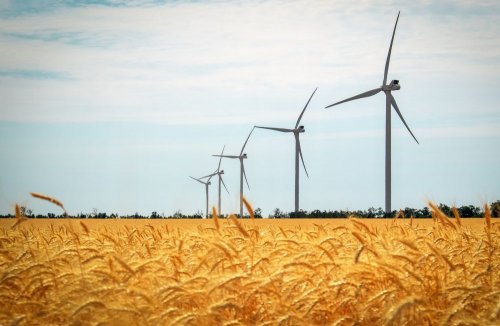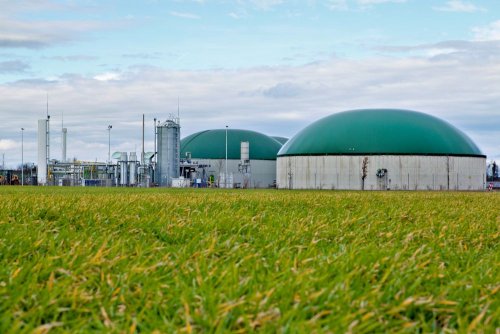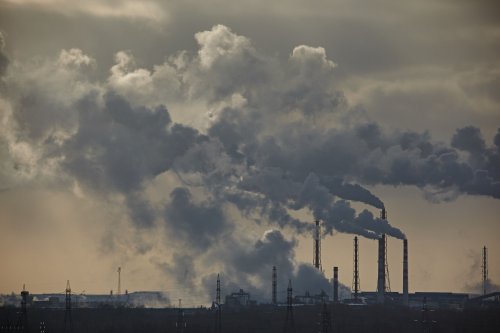The EU Council and the European Parliament have reached a preliminary political agreement on a regulation establishing the first EU-level carbon certification system for soils.
This is a voluntary system that aims to facilitate and accelerate the deployment of high-quality carbon sequestration and emission reduction measures from soils, including agriculture, in the EU, the press service of the EU Council reports.
It is noted that this regulation will be the first step towards the introduction of a comprehensive certification system for carbon sequestration and emission reduction from soils in EU legislation. This will help achieve climate neutrality in the bloc by 2050.
The agreement must be approved separately by the European Parliament and the Council of the EU.
The document envisages the types of activities to absorb and reduce carbon emissions and four corresponding types of storage:
- permanent carbon absorption – storage of atmospheric or biogenic carbon for several centuries;
- temporary storage of carbon in products of long-term use for at least 35 years (for example, in wooden structures);
- temporary carbon storage from agriculture, e.g. forest and soil restoration, wetland management, seagrass meadows;
- reduction of carbon and nitrous oxide emissions as a result of management to improve soil carbon balance, including zero tillage and cover cropping practices combined with reduced fertilizer use, etc.
It is noted that the last two activities must last at least five years to be certified. Nor should it lead to the acquisition of land for speculative purposes. The agreement does not provide for the abandonment of deforestation, the extraction of hydrocarbons from the marine environment, as well as the installation of green generation facilities.
The press service said that the new rules will apply only to activities in the EU. However, when revising the regulation, the European Commission should consider allowing geological carbon storage in neighboring countries if they comply with EU environmental standards. Certificates will be issued for one metric ton of CO2-equivalent from one of the activities, subject to monitoring of the results.
It states that to be certified, carbon farming activities must always provide at least co-benefits for biodiversity, including soil health and prevention of land degradation.
The agreement stipulates that certified units can only be used to achieve the EU's climate goals and nationally determined contributions (NDCs), not third countries. However, the rules may be reviewed in 2028.
The press service added that the agreement calls on the European Commission to create a common and transparent EU electronic register four years after the entry into force of the regulation to make information on certification and units public and accessible.
It is noted that by 2026, the European Commission should also prepare a report on the feasibility of certifying activities that lead to a reduction in emissions from intestinal fermentation and manure utilization in agriculture.
Earlier, EcoPolitic wote, that in the Czech Republic, on February 19, hundreds of farmers went to protest against the European Green Deal (Green Deal), which imposes restrictions to combat climate change, high energy prices and bureaucracy.
As EcoPolitic previously reported, the European Commission has published ambitious climate goals until 2040, which provide a 90% reduction in emissions.





